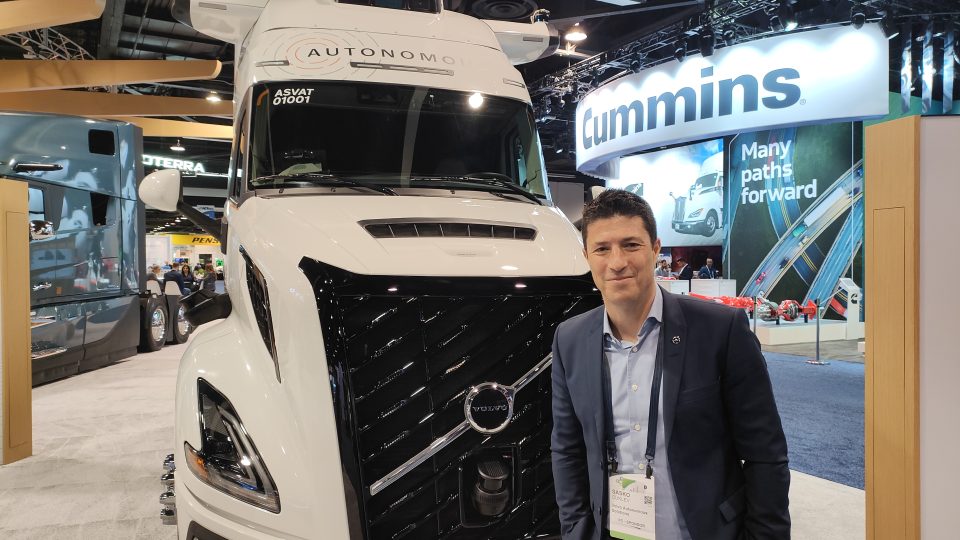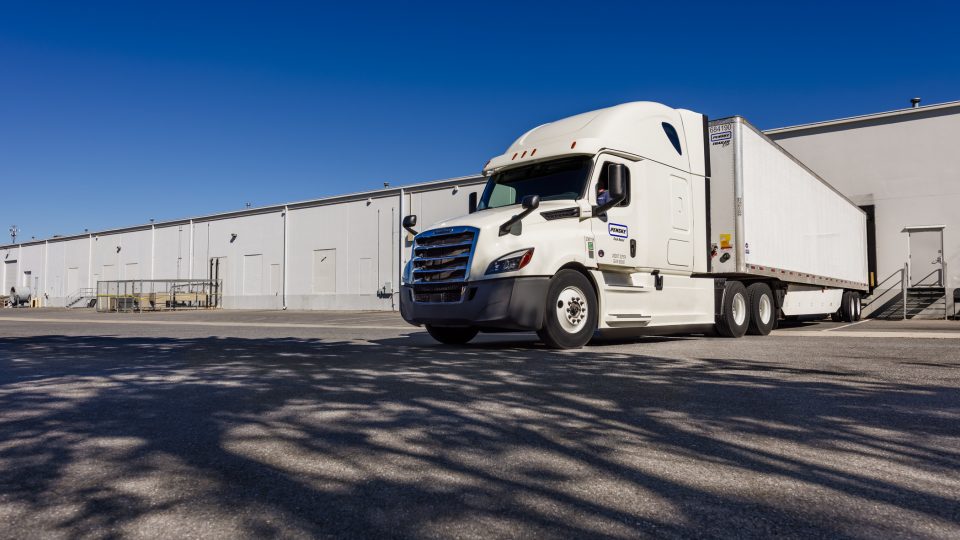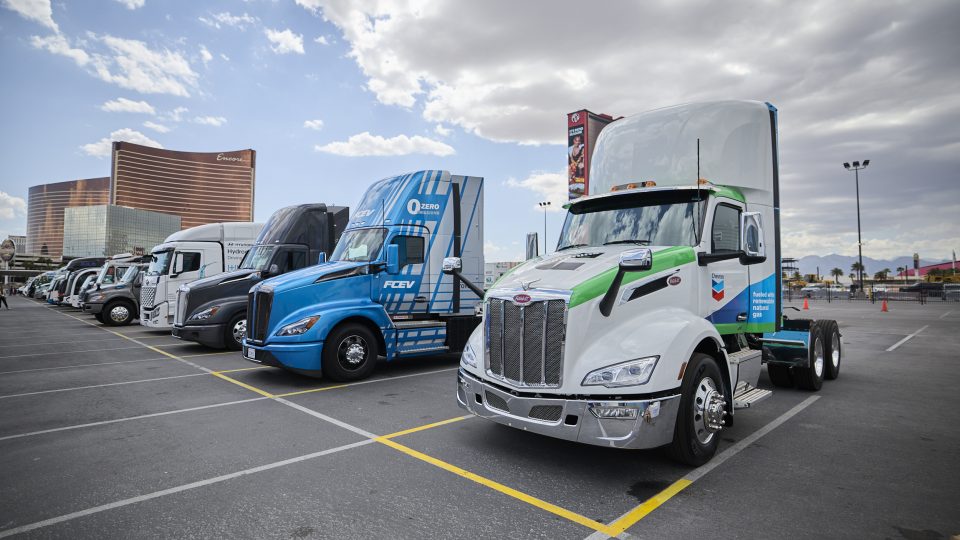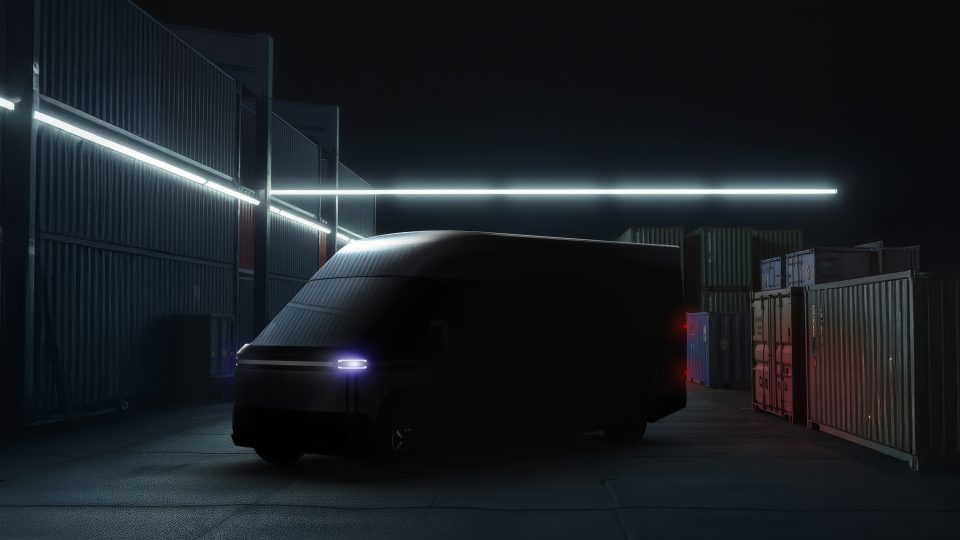Taking the lead in energy transition. Exclusive interview with Volvo Trucks President, Roger Alm
With quite impressive e-truck market share in both Europe and North America, Volvo Trucks is a benchmark in medium- and heavy-duty vehicle electrification. Nevertheless, the Swedish brand’s overall strategy does not neglect renewable fuels or biogas, with hydrogen on the background. We had a thorough chat with President Roger Alm.
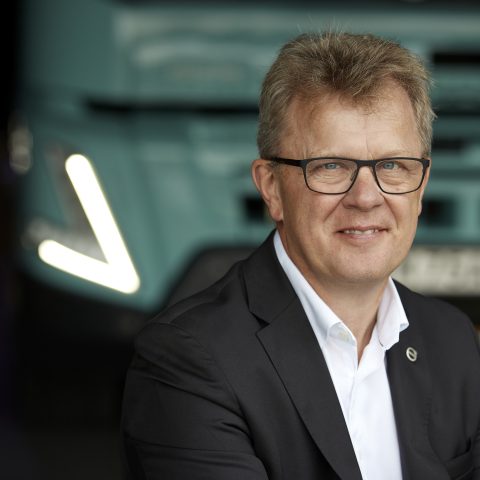
With quite impressive e-truck market share in both Europe and North America, Volvo Trucks is a benchmark in medium- and heavy-duty vehicle electrification. Nevertheless, the Swedish brand’s overall strategy does not neglect renewable fuels or biogas, with hydrogen on the background. Starting from the market figures, Volvo Trucks President Roger Alm takes stock of the current situation and future development.
Roger Alm (Volvo Trucks): focused on reducing emissions
Almost half of the electric trucks sold last year in Europe are Volvo trucks, with about 40% share in North America, as well. Can we say that Volvo is almost the only ones building and delivering them, or is it due to the company’s particularly aggressive business strategy?
Of course, I won’t talk about our competitors or what they are doing. We are focused on the Paris agreement and Science-based targets and that is one thing, but we also believe in the philosophy of sustainability and zero emissions, in order to reduce the pollution and hand over the situation to the next generations in a better shape than we have today. In 2019 we started the serial production of our first electrical trucks, and then we had the development of other models coming out. Today we’ve got six models into serial production and in the month of May we will go up to 8 models.
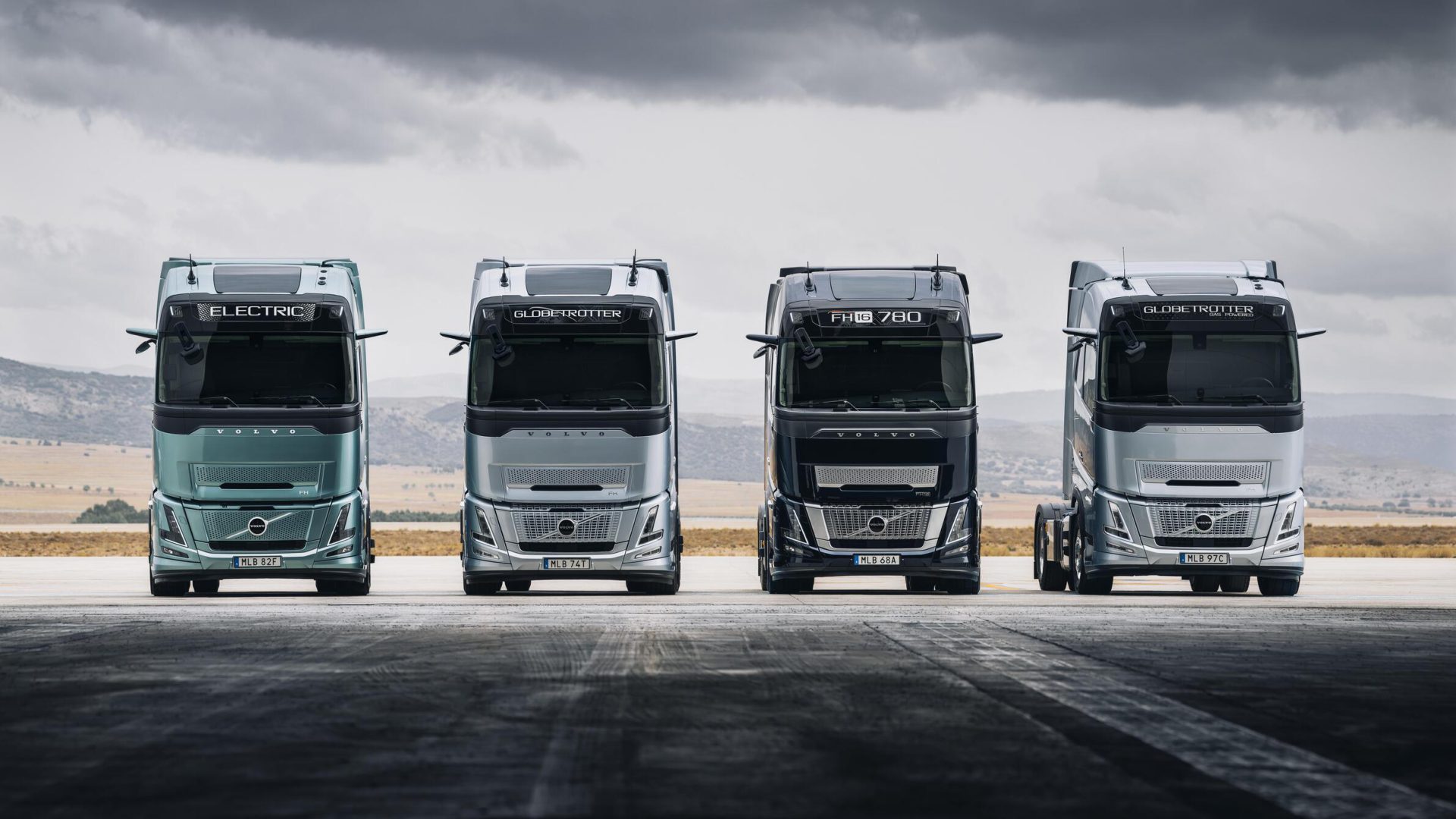
What about the vehicle availability, then?
Thousands of Volvo trucks are out in customer operations driving down and delivering goods every day. If we sum up the number of kilometers that all our e-trucks have been doing, it’s around 35 millions of kilometers, more or less 900 laps around the world.
Volvo Trucks in North America
Volvo will participate in the ACT Expo in May. Can you tell us how the North American market is different compared to the European market?
We’re talking about different items and different things, however at the end of the day, it’s up to customers and to legislators to make the transformation happen, in both cases. Moreover, several customers, so transporters or transport buyers, are global and operate both in Europe and in North America. As for ACT Expo, I’m glad I’ll be there as a keynote speaker, and I believe the exhibition is quite strong nowadays.
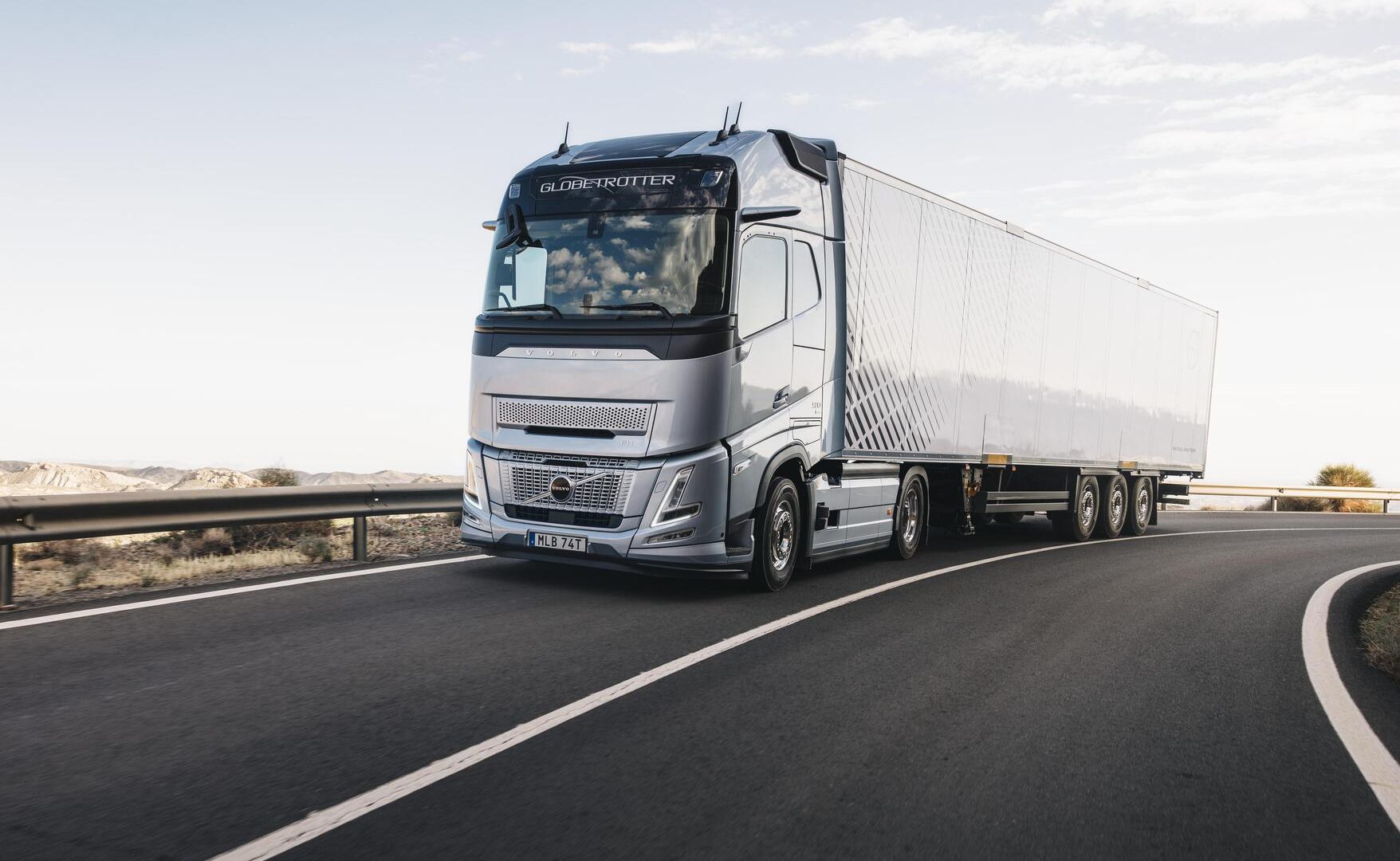
Volvo Trucks has focused very strongly on electric mobility, although an open door has been left open on gas. With the Green Deal on the brakes, given the high costs as well, and with the next European Parliament most likely less skewed toward decarbonization, what will be the company’s priorities?
I do hope that everybody is focused on a more sustainable future and then legislations will come accordingly. I refer for example to CO2 taxes, which will help accelerate the transformation and promote the shift to battery electric or fuel cell trucks, or even go towards the adoption of renewable fuels, for instance. About the legislation, we cannot do so much, but we need to take the legislation for what it is and then adapt accordingly, which we have been doing so far. Let’s think of what’s been done with the different emissions standards for combustion engines. As manufacturers, we have invested into new technology to meet the emissions legislations in a very successful way and that is what we are doing as well.
With the new FH Aero range, Volvo has definitely taken a step forward. Offering a new ICE on the FH 16 might be considered as a confirmation that diesel will still have a long life. Is that the case?
I think it is a natural move in the current transformation. We’re not changing our strategy, but rather following it. To get to net zero we must rely on different solutions. Although we believe that most of the volumes will be made by battery electric trucks, this is not the only viable solution. We’ll have the fuel cell, then hydrogen, or combustion engines running on biogas, or something else like renewable fuels. We can say it’s a multi-technology approach.
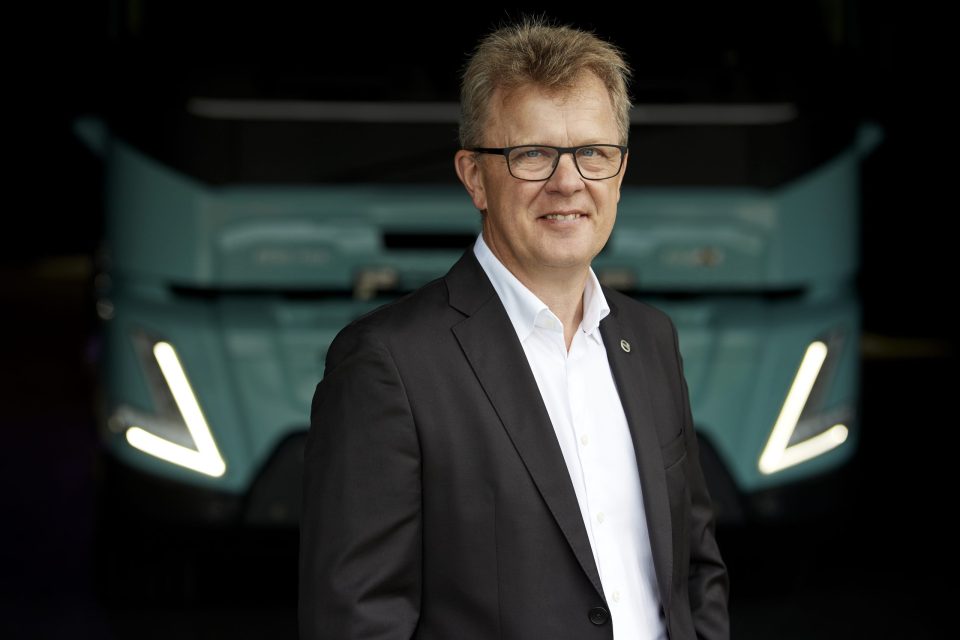
Back to the Aero truck range, we’re very proud of the truck design, but also in terms of safety features and fuel consumption. I have big hopes regarding this new model range.
The Euro 7 standard is expected to come into force with significant changes compared to the very first proposal. As a manufacturer, is Volvo happy with the current proposal? Why?
First, I’d say it’s positive that all the manufacturers are working on reducing CO2 emissions. That’s the main target, and there are several ways to do that. Euro 7 is one of these. At the end of the day, we want to reduce CO2 emissions in the fastest possible way. We’re positive that this is happening. Also, it needs to be clear what we need to do as manufacturers to meet the legislation of the Euro 7 standard.
Together with Daimler and Traton, Volvo has launched the Milence charging infrastructure project. Some are skeptical about the projects, and someone recently said ‘stop dreaming’ when talking of megawatt charging. What is your response to that?
Let me put the thing in this way. We all know that there is limited charging capacity in Europe. Of course, we need to build a density of charging points that should be similar to the one we have today when it comes to fuel stations. Milence is one way to improve this charging point density. The availability of charging stations is the one of the main requirements for the customers to consider working with electric trucks.










